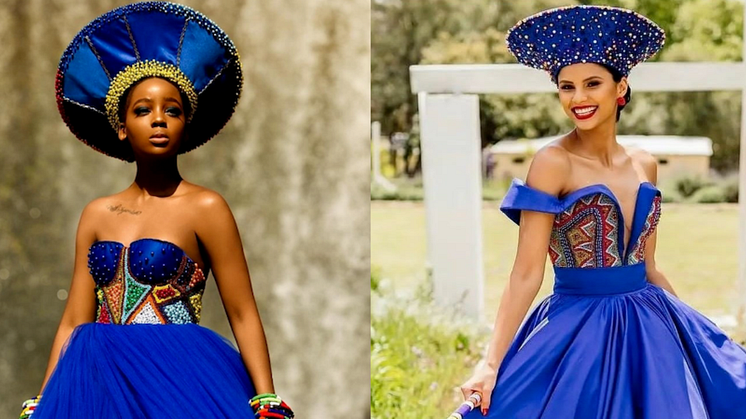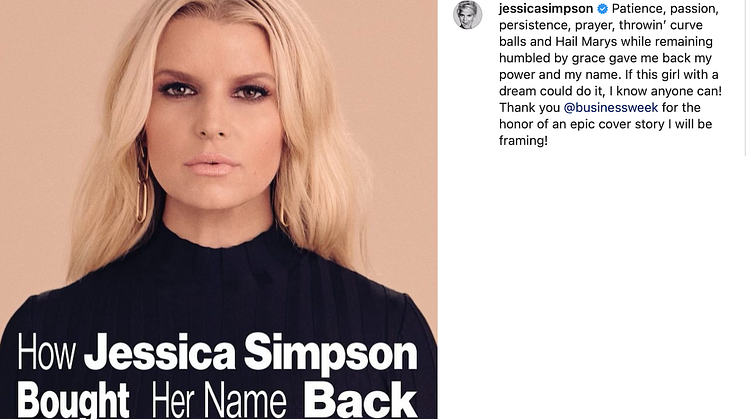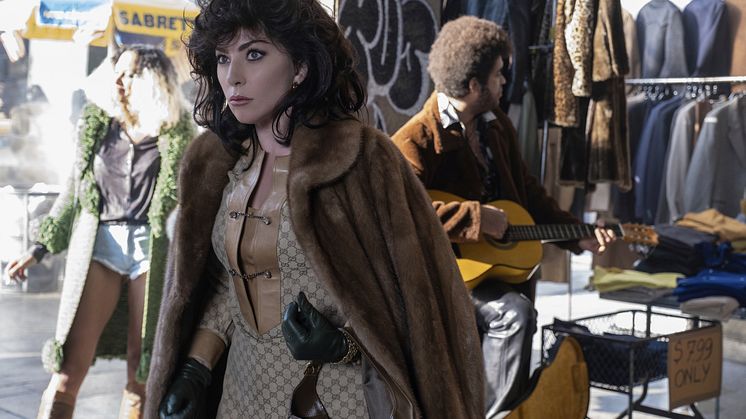
News -
“Cheat codes” for creativity: Designer Virgil Abloh leaves behind a provocative legacy
The fashion world is mourning the passing of Virgil Abloh, the 41-year-old artistic director of Louis Vuitton's menswear collection, from cancer.
He leaves behind a formidable legacy. When he began his tenure at Louis Vuitton in 2018, Abloh – the son of Ghanaian immigrants who had made their new home in the United States – became the first black man to take on the artistic direction of that fashion brand, and only the third to lead a French luxury fashion house.
His distinctive way of mixing street culture with rarefied luxury catapulted him into the big leagues, and will continue to shape the fashion industry for many years to come.
Before Louis Vuitton, and even before his 2013 streetwear label Off-White, Abloh’s penchant for remixing styles was already making waves. In 2012, he started a line called Pyrex Vision. Under this label, he screenprinted Pyrex 23 onto flannel shirts made by Rugby (a line created by American label Ralph Lauren), and resold them as Pyrex Vision products.
According to Complex, the original Rugby shirts retailed for US$$79.95. Abloh’s screenprinted creations were priced at US$550. The mark-up was astonishing; the only thing that was even more surprising, perhaps, was that the re-purposed shirts sold out in minutes.
“While the streetwear world has long played on the convention of flipping high-fashion imagery and re-contextualizing in a cultural cool context, Abloh and company's hustle consists of a different sort of swagger jacking,” Complex remarked in its report.
Speaking to the New Yorker in a 2019 feature, Abloh also called back to the creative impulses of streetwear when explaining his take on appropriation, adding the similar impulses of other streams of popular culture and modern art movements as additional sources of inspiration.
“Streetwear in my mind is linked to Duchamp. It’s this idea of the readymade," he said. "It’s like hip-hop. It’s sampling. I take James Brown, I chop it up, I make a new song. I’m taking IKEA and I’m presenting it in my own way. It’s streetwear 10.0 — the logic that you can reference an object or reference a brand or reference something. It’s Warhol — Marilyn Monroe or Campbell’s soup cans.”
Indeed, his unabashed stance on creative borrowing was even the subject of a talk he gave at Harvard University in 2017. “I’m sure that you’re trying to challenge yourself to invent something new, trying to be avant-garde,” he told the audience then. “Basically, that’s impossible. These are things that I’ve figured out through working. As designers and artists we exist as a result of the many iterations before us, and we’re collectively trekking in the same direction.”
At the same event, he also spoke about his “three per cent approach” to editing. When invited to design his own version of the Air Force 1 sneaker for Nike, for instance, “I was interested in restraining myself and only editing it three per cent because I don’t want another shoe. I want to see something that makes me recognize the shoe I already have”, he said.
Abloh termed these methodologies his “cheat codes” for design, and they did not earn him universal admiration, especially as he ascended the rungs of power and influence in the fashion industry. Instagram account Diet Prada, for example, periodically noted the similarities between some of his work and those created by others with far less visibility.
Whether one thinks of his approach to creativity as inspired or problematic, there is no question that Abloh changed the fashion industry, and helped to open the door for more diverse creative input. His work also invites a re-assessment of the power plays between fringe and elite cultures. Here’s a question for future generations of designers, hypebeasts and high-society fashionistas to grapple with: if appropriation is a way for subcultures to comment on the status quo, is such appropriation still appropriate when it is undertaken by the shapers of the status quo?
PitchMark helps innovators deter idea theft, so that clients get the idea but not take it. Visit PitchMark.net and register for free as a PitchMark member today.




